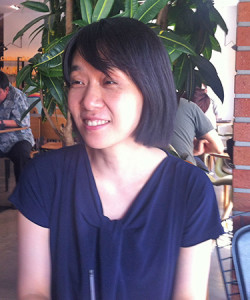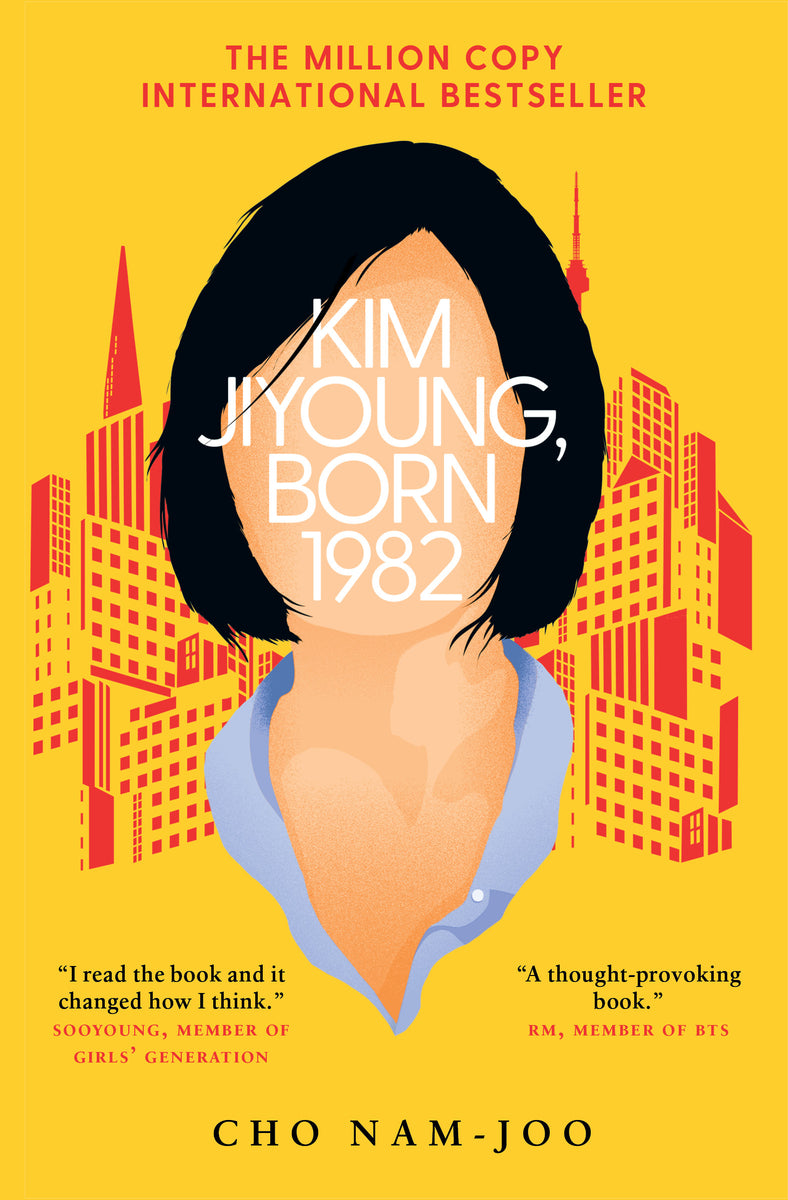

It has often been said that virtual violence performs the task of punishing the people we love to hate, thus preempting a toxic buildup of aggression in the social organism. Given that Koreans enjoy a low rate of violent crime by international standards and may expect to survive for more than eight decades, how are we to comprehend the seeming ubiquity of abuse, madness, and premature death in Korean fiction? The fascination with violence runs from fiction to film to TV dramas and beyond combat, rape, mutilation, kidnapping, and murder have long constituted basic building blocks for Korea’s most talented filmmakers.Įarly film critic Siegfried Kracauer taught us to attend seriously to film fantasies, however hackneyed, because they constitute collective daydreams that reveal secret hopes. Neither the subject nor the violence, then, is of as much interest as the fact that such representations of violence have become so quotidian as to feel easily consumable. Ozeki, though, leavens the domestic violence story with comparatively lighter side plots and ultimately grants the Japanese housewife a hale (American!) future. Though he claims to find his sister-in-law’s Mongolian mark (a congenital birthmark more commonly known as a “Mongolian spot”) “more vegetal than sexual,” he nevertheless pursues her sexually and paints flowers on her skin, until she takes on the appearance of a “huge, abstracted plant.”Ĭould anyone, having been introduced to the kind of people Yeong-hye has been living among, be surprised to hear that she ends up doing headstands in a mental asylum? The collaboration between patriarchal violence and meat consumption is not a new subject in anglophone fiction in Ruth Ozeki’s My Year of Meats (1998), a Japanese man similarly rapes and batters his helpless vegetarian housewife. Singularly unlucky with men, she is visited by her brother-in-law when her husband leaves.

Yeong-hye becomes psychotic, anorexic, and suicidal. There are force feedings, parental and institutional there is rape. Yeong-hye’s husband responds by recruiting his in-laws to a joint attempt to transform her back into a submissive omnivore. Determined, disillusioned,” reads one characteristically florid excerpt. Murderer or murdered, experience too vivid to not be real.

“That shuddering, sordid, gruesome, brutal feeling. FR Leavis’s complaint about Conrad’s “adjectival insistence” on horror might well be applied to these dreams, which are narrated with conscientious sensationalism. The drama begins when Yeong-hye refuses to eat animal products after waking from a series of nightmares (crimson barns full of dripping flesh, strangling of cats, et cetera.). Though The Vegetarian is a quick read, it demands some tolerance for unstinting descriptions of bleeding, vomiting, and manic behavior.


 0 kommentar(er)
0 kommentar(er)
